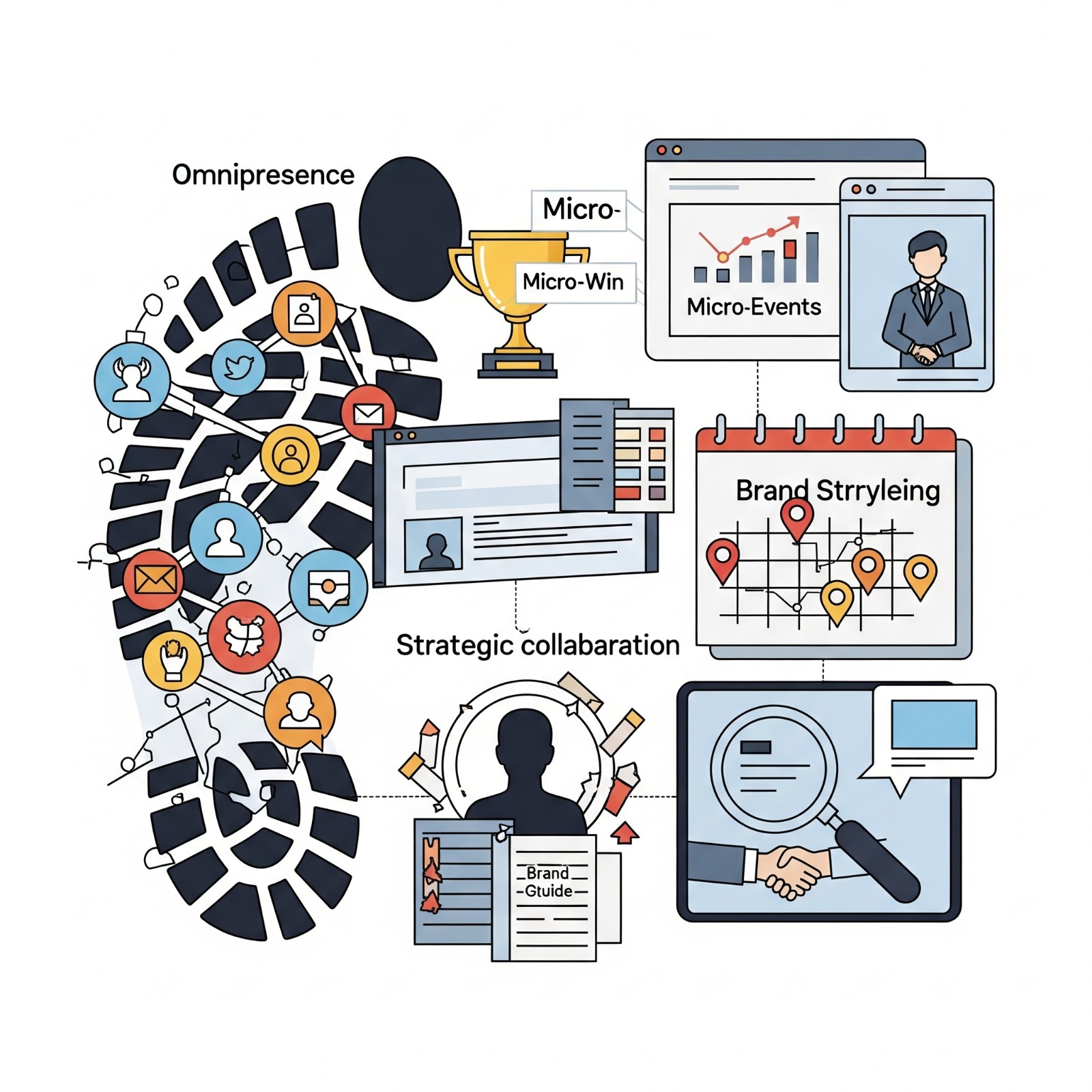In a world full of influencers, entrepreneurs, and creators, standing out is no longer a luxury—it’s a necessity. Whether you're a freelancer, job seeker, startup founder, or corporate professional, building a personal brand is key to success in the digital age. But while you’ve probably heard the basics—“Be consistent,” “Post regularly,” or “Have a good LinkedIn profile”—there are powerful personal branding strategiesthat rarely get talked about… and they work.
Here are 10 under-the-radar yet effective personal branding tips that can help you build trust, visibility, and authority in your field.
1. Niche Down to Blow Up
Instead of trying to appeal to everyone, focus on one niche and own it. People don’t follow generalists; they follow experts.
Choose a narrow category where you can dominate, then expand later.
Example: Instead of being a “digital marketer,” be a “content marketing strategist for SaaS startups.” Specificity sells.
High-ranking keywords: niche marketing, personal brand niche, content strategist
2. Audit Your Digital Footprint
Your online presence is often someone’s first impression of you. Google yourself. What do you find?
Tip: Set up Google Alerts for your name to monitor what’s being said about you online.
High-ranking keywords: online reputation management, digital footprint, brand consistency
3. Leverage Micro-Wins
You don’t need a massive following or big awards to build your brand. Share small wins:
This makes your brand more relatable and authentic, especially on platforms like LinkedIn and Twitter (X).
High-ranking keywords: authentic branding, social proof, micro-influencer strategy
4. Create a Personal Brand Style Guide
Just like companies have brand guidelines, you should too. Define:
This makes you instantly recognizable, which boosts brand recall.
High-ranking keywords: personal brand identity, branding consistency, social media branding
5. Use Storytelling (But With a Framework)
Everyone talks about storytelling, but few do it well. Use the “Problem-Solution-Result” framework:
This turns average stories into compelling personal brand content that builds credibility.
High-ranking keywords: storytelling in branding, brand storytelling strategy, personal brand content
6. Be Omnipresent (But Repurpose Smartly)
You don’t need to be active on every platform, but you should appear to be everywhere.
Pro Tip: Create 1 long-form piece of content (like a blog post), then repurpose it into:
This boosts visibility without doubling your workload.
High-ranking keywords: content repurposing, social media visibility, personal brand reach
7. Host Micro Events or Webinars
Instead of only attending big events, host small virtual sessions or workshops:
Even with 10-15 attendees, this positions you as a thought leader and builds community.
High-ranking keywords: personal brand authority, online workshops, thought leadership
8. Collaborate Strategically
Collaboration is not just for influencers. You can:
This builds trust and traffic from another person's audience, especially if your values align.
Focus on value-based collaborations, not just reach.
High-ranking keywords: influencer collaboration, co-branding, networking for personal brand
9. Invest in a Personal Website
Social media is a rented space. A personal website is your digital home.
It’s your 24/7 resume and authority builder.
High-ranking keywords: personal branding website, digital resume, SEO for personal brand
10. Track Your Brand Growth with Metrics
You can’t improve what you don’t measure. Monitor:
Use tools like Google Analytics, LinkedIn Analytics, or Notion to track weekly or monthly performance.
High-ranking keywords: brand performance metrics, personal branding analytics, LinkedIn insights
Bonus Tip: Have a Signature Move
Think of it like a digital "catchphrase" or visual cue. It could be:
It makes you memorable and helps you stand out in a noisy feed.
Conclusion
In 2025 and beyond, your personal brand is your digital currency. It can bring job offers, client leads, speaking gigs, partnerships—and the freedom to shape your own career path.
But here’s the thing: Building a personal brand isn’t just about visibility—it’s about value. Show up, share what you know, support others, and stay consistent. Even the smallest actions, when done regularly, can lead to powerful growth.
Forget overnight success. Play the long game.
Because in the end, the most authentic brands are the ones that truly last.




















